If you own your house in Florida, you may know that it is protected from forced sale by creditors by the homestead exemption provided by the Florida Constitution. Like most laws, however, the exemption from forced sale is not absolute. What follows is a brief explanation of the claims that are exempt from forced sale and those that are not under Florida law.
Article X, Section 4 of the Florida Constitution provides:
(a) There shall be exempt from forced sale under process of any court, and no judgment, decree or execution shall be a lien thereon, except for the payment of taxes and assessments thereon, obligations contracted for the purchase, improvement or repair thereof, or obligations contracted for house, field or other labor performed on the realty, the following property owned by a natural person:
(1) a homestead, if located outside a municipality, to the extent of one hundred sixty acres of contiguous land and improvements thereon, which shall not be reduced without the owner’s consent by reason of subsequent inclusion in a municipality; or if located within a municipality, to the extent of one-half acre of contiguous land, upon which the exemption shall be limited to the residence of the owner or the owner’s family;
Qualification of Homestead Property:
The debtor must be a permanent resident of Florida. The homestead property must be his primary place of residence.
Florida’s homestead exemption protects the homeowner from the following claims:
I. Judgment Creditors: Creditors who provide services to a homeowner which are not related to the purchase or maintenance of the house can not compel him to sell the house to secure payment. Even if the creditor obtains a judgment from a competent court, the creditor will not be able to place a lien on the homeowner’s property. Instead, the judgment is a “cloud on the title” of the homeowner’s property. If the homeowner later sells the property, the closing agent will deduct the amount of the judgment, plus applicable interest from the seller’s proceeds (no title insurance can be issued to the buyer unless this takes place).
Exceptions to Florida’s homestead exemption:
I. Mortgages:
A mortgage is a voluntary agreement in which the borrower pledges his property as collateral to secure payment of money owed to the lender. Contractual liens such as mortgages and home equity lines of credit are not protected by Florida’s homestead exemption.
II. Mechanic’s Liens:
Florida statute section 713.03 provides that any person who performs services for the improvement of real property is entitled to a mechanic’s lien against the property to secure payment. This right applies to architects, interior designers, engineers, surveyors, appraisers, and any other party who provides services to maintain or repair a homesteaded property. In order to file a valid mechanic’s lien, a claimant must file a claim of within 90 days of the date the service was rendered.
III. Equitable Liens:
When a plaintiff proves to a court’s satisfaction that he is an equitable owner of a property (even though he is not on the title), the court can place an equitable lien on the property. This type of lien attaches to a homesteaded property and the plaintiff can foreclose on the property to compel payment. An equitable lien most commonly arises when a party provides funding for the purchase or development of a property but lets another party take title. An equitable lien is a remedy for the plaintiff against the unjust enrichment of the party who takes title.
John Clarke is a Fort Lauderdale attorney whose practice includes estate planning, personal injury law, and real estate. Contact John Clarke today at (954) 556-8952 if you need legal assistance!



